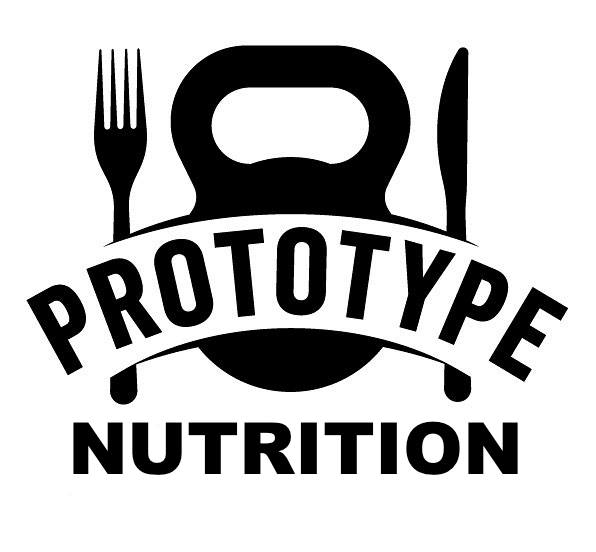Is what you’re reading true?
By: Sam Russo (Prototype Registered Dietician)

As a teacher, I once had the conversation that “no, TikTok is not a reliable source for the endangered species project”. For real. While there are some great content creators on TikTok, Instagram, Twitter, etc. that provide reliable and factual information, there is also a lot of misinformation that gets spread via social media channels. If you’re on the hunt for a few informational Instagram accounts, check my blog post from last week!
So, the all-important question – how do you know that the information you’re getting is reliable? Whether it’s on social media or through a quick google search, here are a few ways to make sure that the health-related information you’re receiving is based on scientific facts.
- Check the author. The writer of a health-related article or blog post should have experience in the field or related certifications. Authors that have many years of experience in the field will have a wide variety of experiences that they can draw on to use as the foundation for writing articles and blog posts. Additionally, MD, PA, NP, DPT, SLP, etc. are common protected abbreviations, meaning that people with these letters following their names are certified medical professionals and likely will be a good source of information. Be aware that the Dr. abbreviation may be used by someone with a doctorate in any field (even unrelated to medicine), so you’ll need to seek more information before taking medical advice from anyone with a Dr. in front of their name.
- Check the source. Where does the information come from? A .gov or .org website will typically be more reliable than a .com website. For health-related information, the Center for Disease Control and Prevention (CDC) and National Institutes of Health (NIH) are excellent sources for just about anything health-related. The best tip is to search for these .gov websites for broad information, but if you’re looking for something specific, go straight to Google Scholar to read scientific articles and bypass misinformation. If you do find yourself on a .com website, take note of the number of advertisements on the page. If you are being inundated with pop-ups and ads, then the website may not be the best source to answer your questions.
- Check the biases. If you’re reading an article by a doctor that says that smoking causes no negative health effects, you’re likely reading a biased source. In cases like this, where there are obvious researched negative effects of smoking on overall health, the doctor might be getting paid by a smoking company to say manipulated statements – take this information with a grain of salt! You want to be sure that the funding for a research study or from a sponsor is disclosed so that you can make an educated decision on whether or not the study has been done in order to arrive at a specified set of results.
- Check the date. Medical research is happening constantly, so there is always new information being published. Not even 10 years ago, it was “common knowledge” that eggs raise cholesterol, but recent research has proven that to be false. Let me repeat, since it is a common misconception and I do not want to spread misinformation: eating eggs does not have a significant effect on your cholesterol levels. This is why it is important to find research that comes from that past five years or so – and not just a one-off study, but a handful of evidence that points to the same conclusion.
If you’ve done these four things and the source hits every one of them – great! You’ve probably a reliable source of health information. Keep in mind that these aren’t the only things you should be looking for, but they are a great start to vetting your sources. The more frequently you do this, the easier it will be to quickly determine if your information is reliable, and the more quickly you’ll be able to apply it to things outside of the health industry.
And, as an aside – please share this with your children! They are exposed to so much at such an early age. You want to be sure they are able to make these distinctions even when you’re not around to monitor everything they see on the internet!
